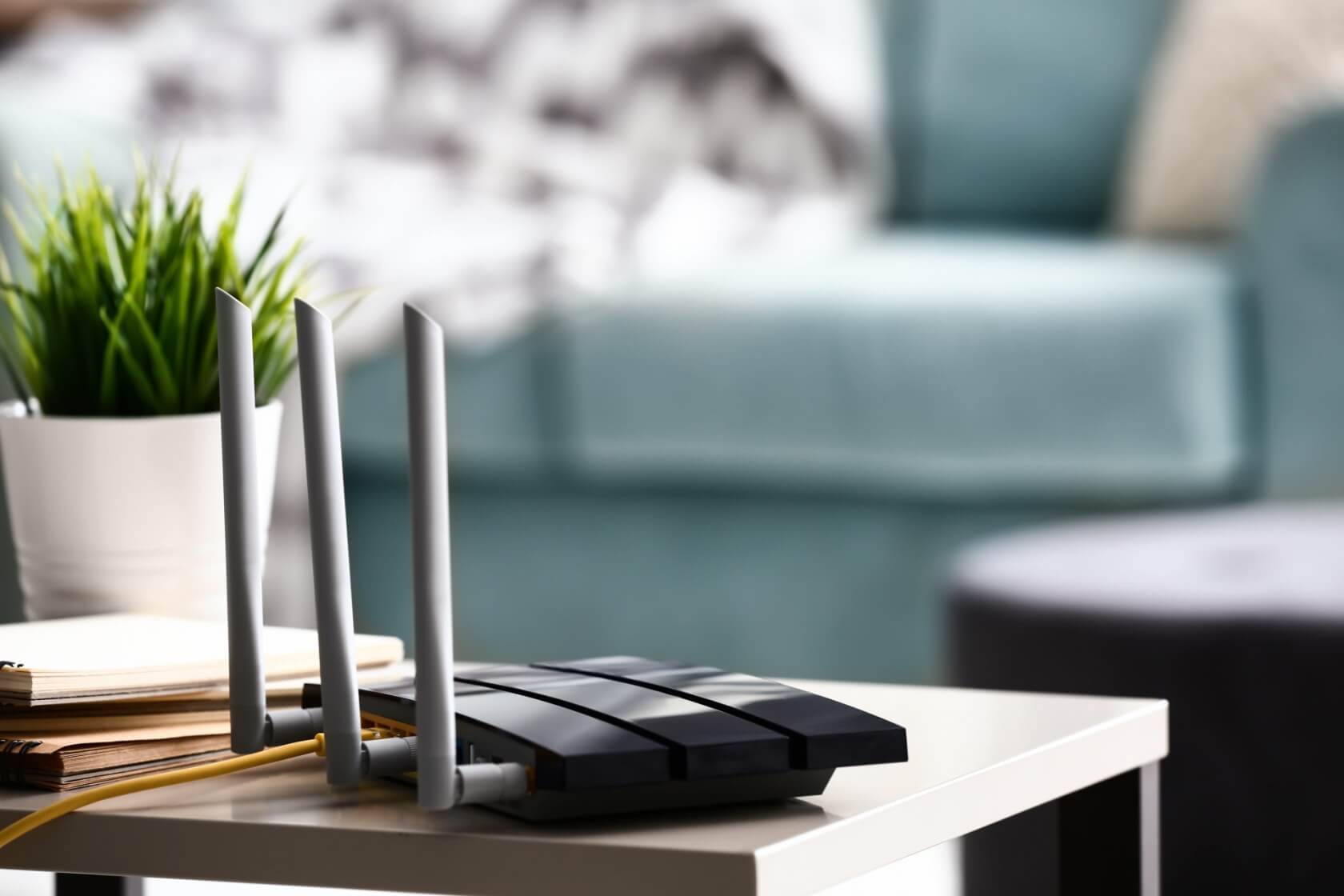In context: Few American citizens can genuinely say they love their ISP, and they are plenty of reasons for that -- cumbersome contracts, slow or unreliable internet speeds, and hidden fees, to name a few. While most of those annoyances probably won't be going anywhere soon, US regulators are at least addressing one ongoing problem: unfair equipment rental fees.

More specifically, monthly rental fees for routers, which some ISPs never provide in the first place. Further, those ISPs will charge you this fee even if you're using a router of your own that's fully supported by the company.
US regulators are tackling this issue by banning the fees entirely in either of the situations mentioned above. If your ISP never provided you with a router, or you returned the router they did give you, added rental fees will be illegal. If you have a router of your own and don't need or want a device from your ISP, they can't charge you.
This is a subtle but significant win for consumers. As Ars Technica has reported, ISP Frontier Communications has been known to charge its customers a $10/month "lease fee" for the privilege of using an often non-existent router.

When pressed on the matter by Ars, Frontier said it charges this fee because third-party routers lead to "more difficulty" with troubleshooting, and other customer-service related issues. Of course, as the outlet notes, Frontier won't provide support for third-party routers in the first place, so those who use such devices are left in a bit of an impossible situation.
At any rate, Frontier's transgressions have been well-documented by now, and they're not the focus of today's article. The bill that will block unfair router fees in the future can be read in its entirety right here. Since it's quite long, we've quoted one of the most relevant portions below:
A provider of a covered service or fixed broadband internet access service may not charge a consumer for—
"(1) using covered equipment provided by the consumer; or
"(2) renting, leasing, or otherwise providing to the consumer covered equipment if—
"(A) the provider has not provided the equipment to the consumer; or
"(B) the consumer has returned the equipment to the provider, except to the extent that the charge relates to the period beginning on the date when the provider provided the equipment to the consumer and ending on the date when the consumer returned the equipment to the provider.
This new set of consumer protections is expected to take effect about six months from now. However, the law gives the Federal Communications Commission the power to push the effective date back by another six months if there's "good cause" for doing so. We're not entirely sure what such a cause would look like, but ISPs will probably come up with something.
Image credit: Shutterstock (2)
https://www.techspot.com/news/83449-us-regulators-block-isps-charging-unfair-router-rental.html